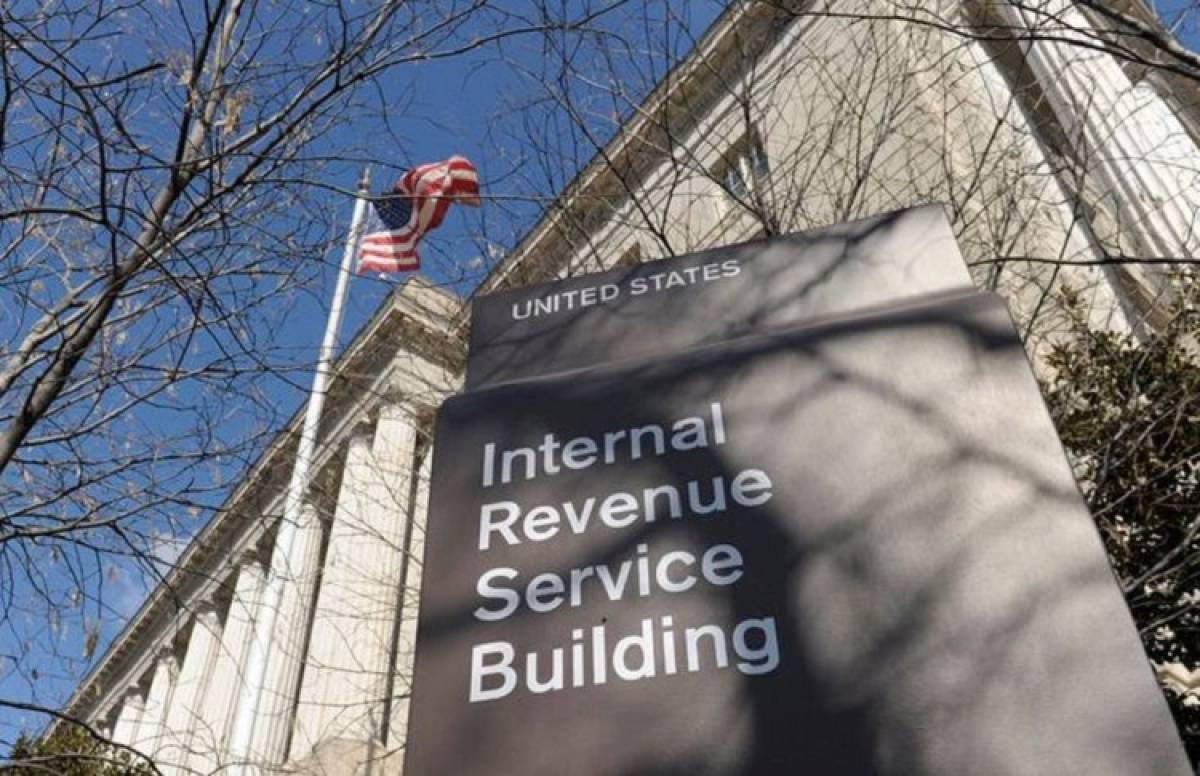10 Smart Strategies to Get Maximum Refund for Tax Season

One of the biggest stresses which business owners and individuals face throughout the year is the time when they have to deal with and file their taxes.
Complete accuracy and timely filing are essential for avoiding any interest and penalty from the Internal Revenue Service (IRS). This is the time in 2020 when most of the people are thinking of filing their taxes, especially keeping in mind their tax refunds.
Everyone likes to receive their tax refunds in a timely manner and in a maximum amount. So, what strategies can actually make this turn into a reality?
Let’s discuss some top strategies that can help you get a maximum tax refund in 2020.
But before that…
Some Important Taxation Statistics You Should Know
- According to the IRS, in the last tax season, the average direct deposit tax refund was approximately $3000, and almost 72% of taxpayers got a tax refund.
- If you owe the IRS $2,000 but get a $2,000 tax credit, the amount gets knocked by the credit down to $0.
- As per the IRS, $2,725 was the average refund check amount for ending the week in April in 2019, a down from 2% as compared to 2018.
- On the other hand, the overall average refund went down in 2019 by 1.3%.
- Another report by IRS stated that $260.9 billion was paid in refunds to taxpayers by the federal government in 2019 as compared to $265.3 billion in 2018.
Best Tax Strategies to Get Maximum Refund
Here’re the top strategies and tax tips you can use to get maximum refund for this year’s tax season:

1. Qualify with Retirement Plans’ Contribution
Retirement plans not only help you reduce your taxable income for a specified year, but also enable you to max out your traditional IRA contributions and 401(k).
For the year 2019, $19,000 was the limit for a 401(k), with $6,000 being the extra catch-up contribution in case you are over 50.
In 2020, $19,500 is the limit for a 401(k), with $6,500 being the extra catch-up contribution in case you are over 50.
Having said that, the limits for both 2020 and 2019 are $6,000, with $1,000 being the catch-up contribution.
2. Claim Your Supported Relative or Friend
If you are the one who has extended your support to your relative or friend, you may qualify in claiming her or him as a dependent.
As far as the qualifications are concerned, your dependent must have lived with you for the entire year (exclusive of relatives), has not earned above $4,200 in taxable income, and didn’t provide her or his support more than half in 2019.
However, under tax reform, claiming dependent exemption is not allowed, but a text credit of up to $500 is available for non-child dependents.
3. Qualify with Child and Dependent Care
Under the Child and Dependent Care Tax Credit, IRS allows for qualifying expenses of up to $6,000.
So, if you have your own child or are taking care of a child on someone's behalf, you may expect to increase your tax refund amount in 2020.
4. Qualify with Charitable Contributions
When it comes to the charitable contributions, a big amount of money is not the only thing which can help you with a write-off. Any small expense which can be counted under a charitable contribution too qualifies for a tax refund.
It can be as small as providing ingredients for a cake for the bake sale. If you are a regular contributor of such small charities, you may get surprised to know how much these would add up eventually.
5. Qualify with Student Loan Interest
It is not mandatory to have a direct relationship with a student to qualify for this. If you, on behalf of someone, are obligated to paying the loan, you can claim a refund.
The IRS has clearly stated that if you have used your money for such a case and meet all the requirements as mentioned by them, you can expect an increase in your tax refund amount.
6. Assess Your Filing Status
If you are married and are filing jointly, you may be surprised by the advantages associated with the same.
For instance, if you are not eligible for credits or a refund based on the expenditures of your business, you may qualify for those additional benefits which are associated with filing jointly.
In case you are eligible for the same based on your business expenditures’ you may consult a professional or use tax software to know if filing jointly is more beneficial to you or separately.
7. Review Possible Deductions
As per The Tax Cuts and Jobs Act (TCJA), the standard deduction in 2018 was raised, making itemizing a less priority.
Look for those ‘above the line’ deductions on Form 1040 while reviewing the Schedule A instructions for itemized deductions, which are remaining.
You do not have to itemize to take them as such deductions get subtracted from your gross income.
8. Review Your W-4
When employees start a new job, they are always asked to complete their form W-4 so that the employer knows exactly how much amount s/he needs to withhold federal income tax from their paychecks.
The rule is simple: a bigger paycheck may mean less or no tax refund, and a slightly smaller paycheck may mean a bigger tax refund. Based on your extra incomes and other factors, you may figure out the best decision for you, and a W-4 Withholding Calculator can help you with the same.
9. Don't Neglect Refundable Tax Credits
For the tax you owe, a tax credit is your reduced money, which allows you to go for a credit, which is beyond your tax liability. For a family having three or more children, $6,557 is the tax credit amount that is earned.
A lot of people do not apply for the same since they are newly qualified or avoid filing their taxes owing to missing the IRS income-filing threshold ($12,200 for a single and $24,400 for a married couple filing jointly).
10. Qualify with a Health Savings Account
HSAs or Health Savings Accounts work in a similar way as the retirement plans do, and the amount you contribute to HSAs represents your earnings, which you cannot be taxed upon.
You can use these funds to pay for the future or current healthcare expenses. Up to $7,100/ year can be contributed to an HSA if you are doing it on your family's behalf, and $3,550/ year can be contributed if you are doing it on your own behalf.
People who are 55 or above can increase the amount by $1,000. Your tax refund amount can surely increase with an HSA contribution provided you meet the eligibility criteria.
The IRS Refund Schedule
This schedule varies by what credits you claim, the method you use to send your return, and the time of filing the return.
- 1-3 weeks- E-file and Direct Deposit
- 1 month- E-file and Check
- 3 weeks- Mail in Return and Direct Deposit
- 2 months- Mail in Return and Check
The Tax Refund Dates
If you have submitted your return correctly without claiming any tax break, you could expect a refund on the following dates: -
- January 27th, February 7th, and February 14th
- February 3rd, February 14th, and February 21st
- February 10th, February 21st, and February 28th
- February 18th, February 28th, and March 6th
- February 24th, March 6th, and March 13th
- March 2nd, March 13th, and March 20th
- March 9th, March 20th, and March 27th
- March 16th, March 27th, and April 3rd
- March 23rd, April 3rd, and April 10th
- March 30th, April 10th, and April 17th
- April 6th, April 17th, and April 24th
- April 13th, April 24th, and May 1st
- April 20th, May 1st, and May 8th
Note: To know where your tax refund is exactly, “Where’s My Refund” tool can help you with the same.
Conclusion
There are multiple ways that can help you maximize your tax refund in 2020, provided you meet the qualifying criteria as set by the IRS. Depending upon your eligibility, you may benefit from one or more tax refund claims that could save you thousands of dollars.
Dealing with the complexity of understanding the tax refund eligibility demands expertise, efforts, and time and this holds true for any other tax-related issue. If you are finding it challenging to prepare your taxes, or you are having any other concern regarding accounting, such as bookkeeping, you can consult expert tax accounting pros like Accounting To Taxes to help you with proficient and cost-effective outsourcing solutions.






















